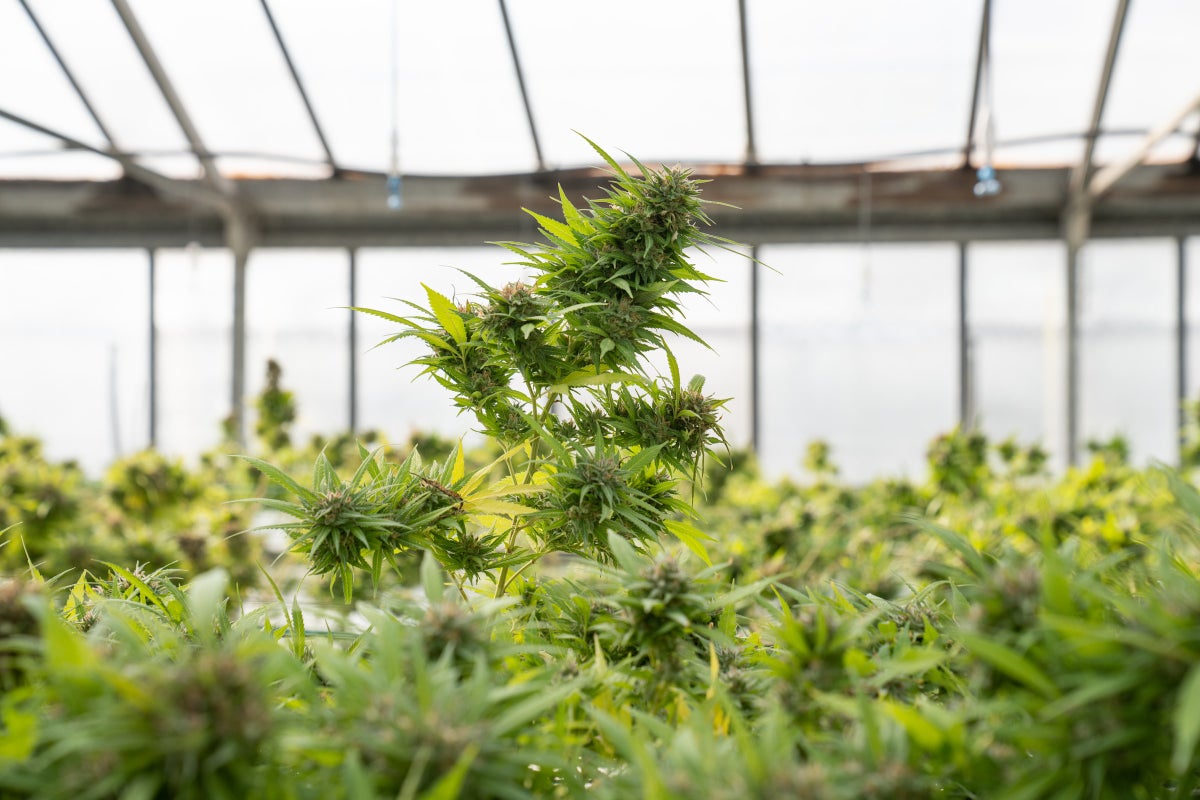[ad_1]
While adult-use cannabis was legalized in New Jersey, municipalities can still decide whether to veto or allow cannabis sales.
A new study conducted by Rutgers University and found that the municipalities in New Jersey that are most likely to allow cannabis-related businesses in their jurisdictions are also those with:
- Larger populations
- Lower property values
- Less affluent residents
- More liberal residents
The study was funded by the New Jersey State Policy Lab.
The study explored possible factors that explain the municipalities’ decisions to allow marijuana-related businesses and the impact of that decision on residential home sale prices.
Additionally, the study stated that there is evidence that municipalities are more likely to allow cannabis-related businesses if one of their neighboring towns also allows allows it.
Moreover, the authors suggested that “there could be economic and political pressure to allow cannabis-related businesses to remain competitive with neighboring cities for business and jobs.”
The study found that the median home sales price increased by 1.6% in municipalities that allowed cannabis-related businesses compared to municipalities that did not allow them. This equates to an increase of $6,366 for the average property.
Nevertheless, the authors state that there is insufficient evidence to suggest that cannabis-related businesses caused this increase in house prices.
“It’s time for local officials to put an end to the NIMBYism and unwarranted fears surrounding the establishment of licensed marijuana retailers,” NORML’s Deputy Director Paul Armentano said.
“Cannabis is here and here to stay. Municipalities need to embrace this reality and provide the necessary oversight in order to hold these businesses accountable and to make this marketplace safe, transparent, and profitable for the community.”
How About Access To Capital?
A new analysis of market conditions by Whitney Economics finds that startup cannabis operators in 2022 are facing a “difficult double whammy,” reported Leafly LFLY.
“It’s more expensive to build out a store or processing facility, and it’s more expensive to raise the capital needed to get those projects off the ground,” wrote Beau Whitney, the founder of Whitney Economics, a leading cannabis and hemp economic data consulting firm.
Those upfront costs could slow the expansion of the legal cannabis industry in states that recently began legalizing marijuana. Since it is too expensive to build a cannabis business, there could then be a delay in opening legal cannabis stores.
Whitney Economics is also forecasting that “the impact of higher start-up costs combined with higher finance costs will reduce cannabis employment opportunities by 8,300 jobs in 2022 and by 18,500 jobs in 2023.”
Photo: Courtesy Of CRYSTALWEED cannabis On Unsplash.
[ad_2]
Image and article originally from www.benzinga.com. Read the original article here.

